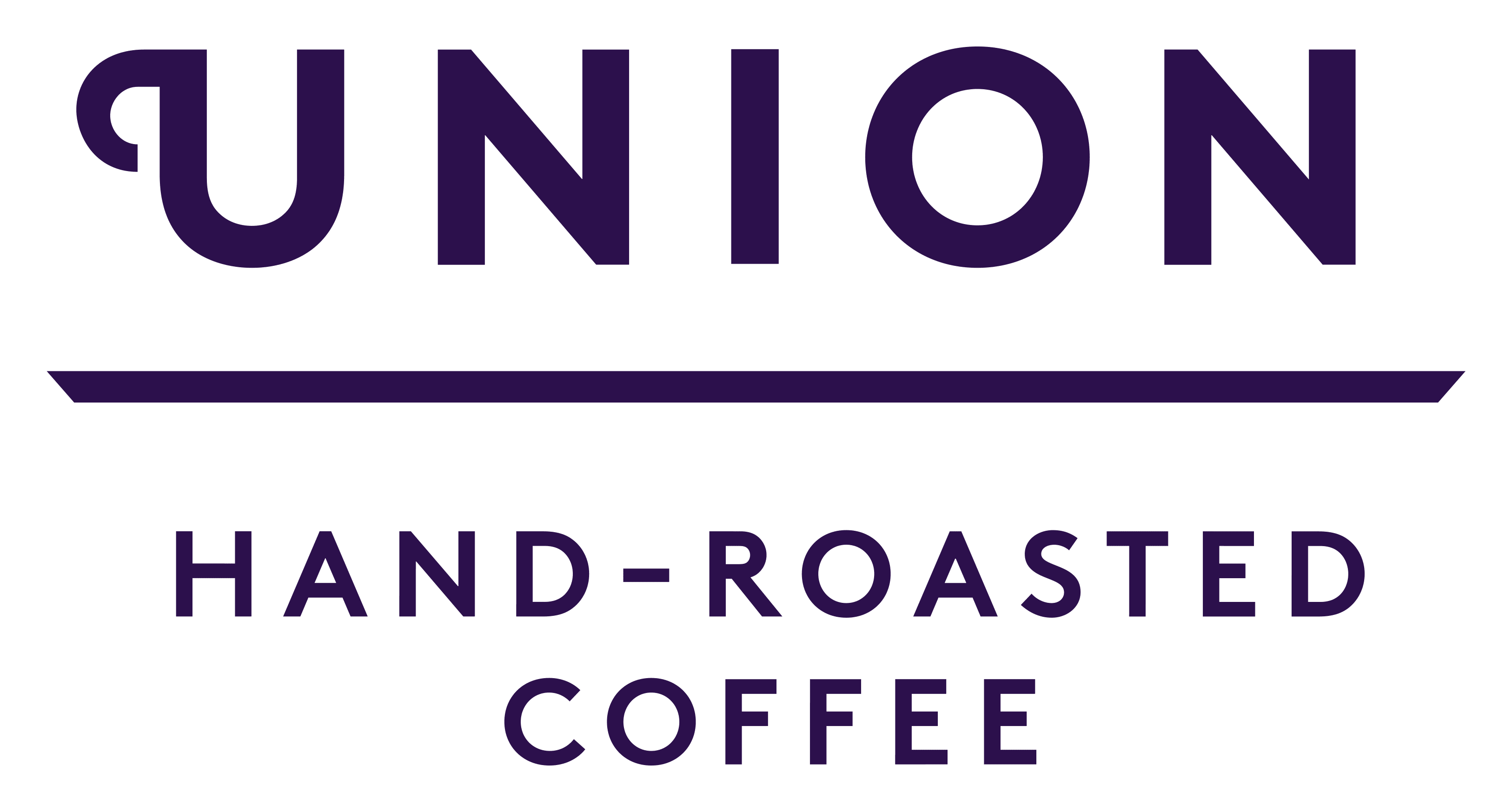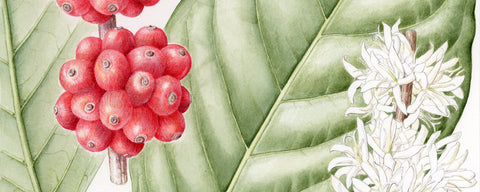First Published - August 19, 2011 (By Steven – Co-Founder)
Series about Union Direct Trade
In previous post about Union Direct Trade we’ve talked about how we’re gathering information from smallscale coffee farmers in Huehuetenango in Guatemala. This work has been undertaken by Pascale, a masters graduate in Development Economics from Wageningen University as a research project to define how Union can have a positive impact on the lives of coffee farmers.
Pascale has been in Huehuetenango for five months and now reflects on her experiences as she completes her first period of work there and prepares to move on to Costa Rica.
Emigration was one of the coping mechanisms to deal with the coffee crisis in the late 90s. It has become the major reality of rural economies Central America.
Of the 87 households I’ve interviewed here in Huehuetenango. I discovered that 72% have or had migrant family members. The majority immigrated to the United States
(89%) and 11% to Mexico. In 40% of the cases it was the farmer (head of family) who went to the United States. The reasons for migration are: earn money to pay off debts, buy land to cultivate coffee, buying a car, or construct a house.
Although migration and the money earned from this have positive effects, such as lower poverty rates there are many social costs; broken families, a reduction in labour supply, the risk of death, injury or imprisonment from illegal border crossing, and a reduction in knowledge and skill transfer since producers are not there to teach their children how to cultivate coffee. (Steven has previously talked about the impact on the women who are left behind – Abandoned in Guatemala)
Fair and reasonable coffee prices and long-term commitment is therefore very important for coffee producers. As the groups I interviewed indicated, knowing that they have a committed buyer such as Union Hand-Roasted Coffee gives them just and spirit to keep on working to produce high quality coffee. The previous unstable markets impeded producers from investing in their coffee fields because prices hardly covered the cost of production, it also does not make any sense investing in high quality coffee if there was no premium for quality coffee. Quality coffee requires extra labour and money investments. Only ripe cherries must be picked and traditionally pickers get paid by piece (per
quintal (46Kg) of coffee harvested). A disadvantage of paying by quintal is that workers will pick as much as possible, to earn more. To incentivise pickers to only select the ripe coffee cherries, farmers pay day labourers a higher price per day.
Although these producers in Huehuetenango are on the right track, it is important that low interest credits to fund paying for the harvest becomes available to producers. This will reduce their cost of production increasing the profits.
Guatemala is a beautiful country, colourful, rich in culture and tradition and inhabited by a population which is generous, hospitable and hard-working. Yet, Guatemala faces many difficulties. The country is very unsafe and Huehuetenango bordering Mexico is a collection of drug traffickers. Bad road conditions, landslides and (violent) demonstrations on the roads make it difficult or sometimes impossible to travel from one place to another. Especially during the harvest this is a serious problem for those preparing their coffee for export. Hence, I have the highest respect for those working under these conditions. The farmers of La Libertad and Todos Santos have faced many barriers, but they never gave up. “For every problem there is a solution” is their motto. I believe that the fair and transparent relationship that Union Hand-Roasted Coffee has with the organizations that form these co-operatives will contribute to the development of towns in La Libertad, Chanjon and Tuiboch (Todos Santos).
Transparency and traceability are two important aspect of a company’s business model. Only by being transparent in the whole coffee chain, can both buyer and producer be sure that the benefits really reach the producers.
My next stop is going to be Costa Rica; there I anticipate the situation with farmers will be completely different. Besides the fact that the country is much more stable and is classified as a middle–development country, Costa Rica has embraced a “micro-mill revolution” which Union has talked about before and I will describe more in my next post.





